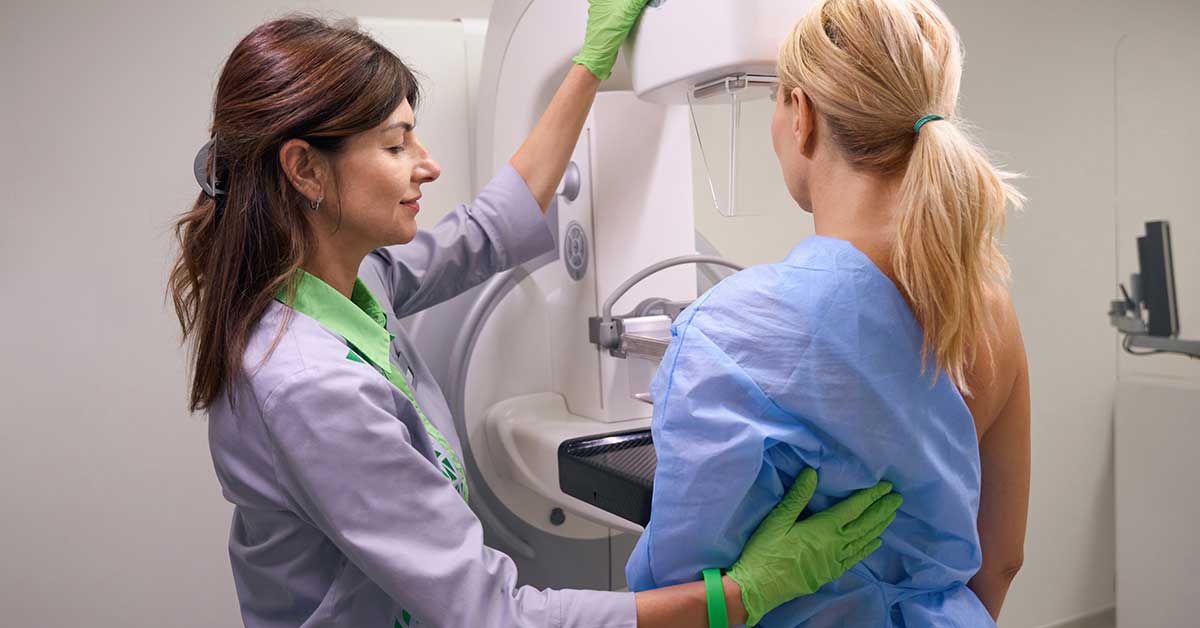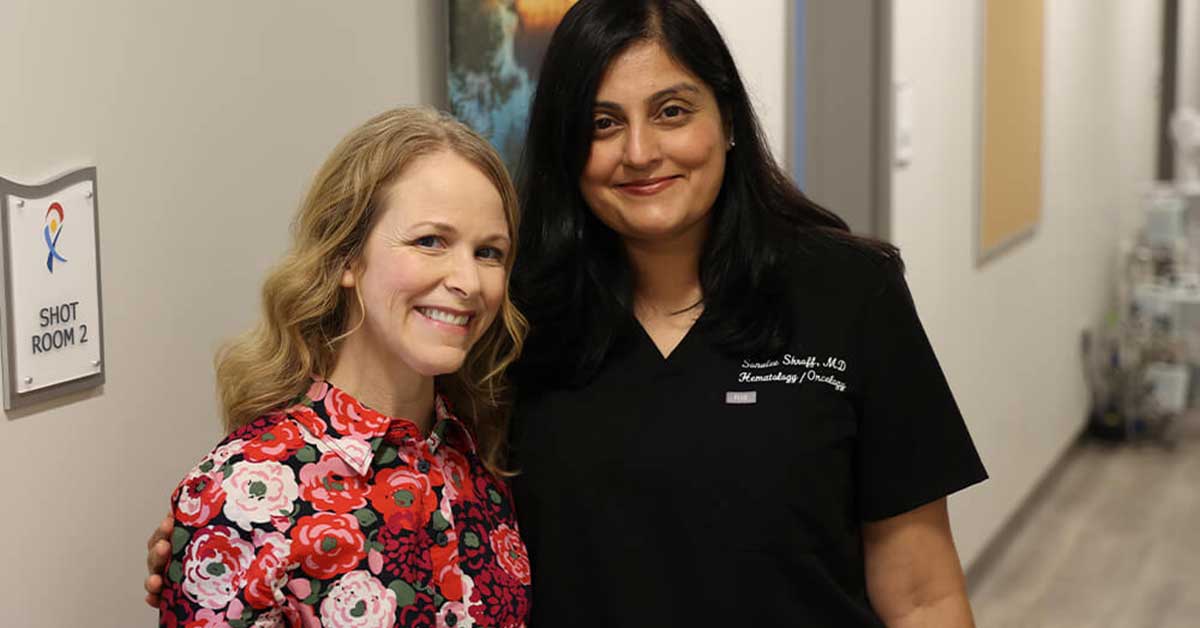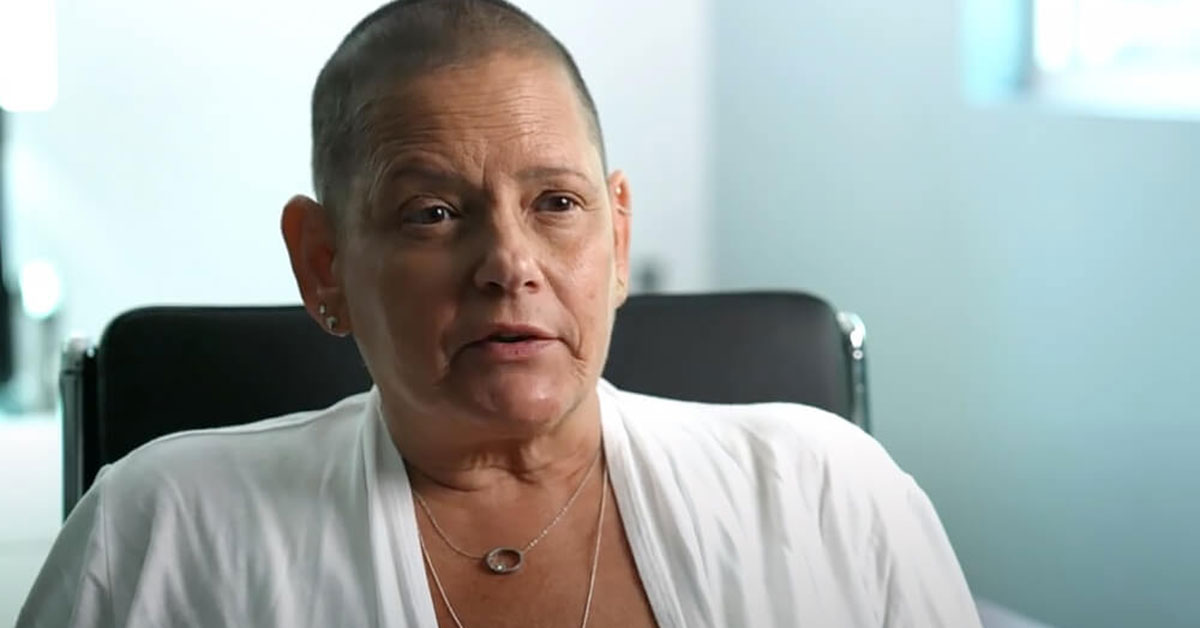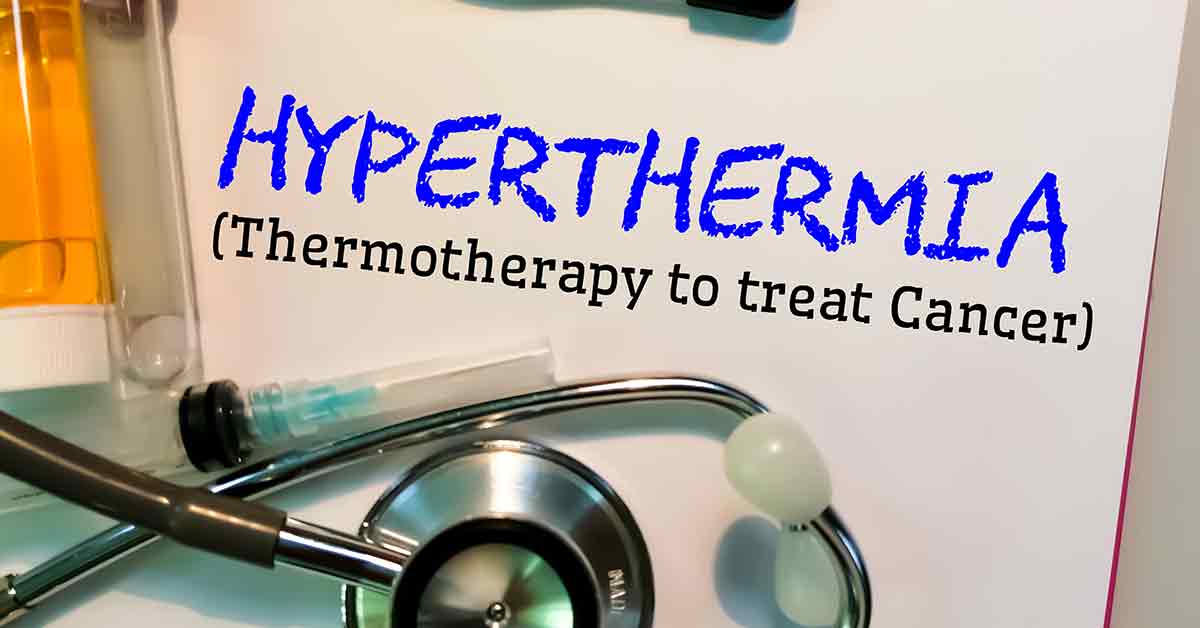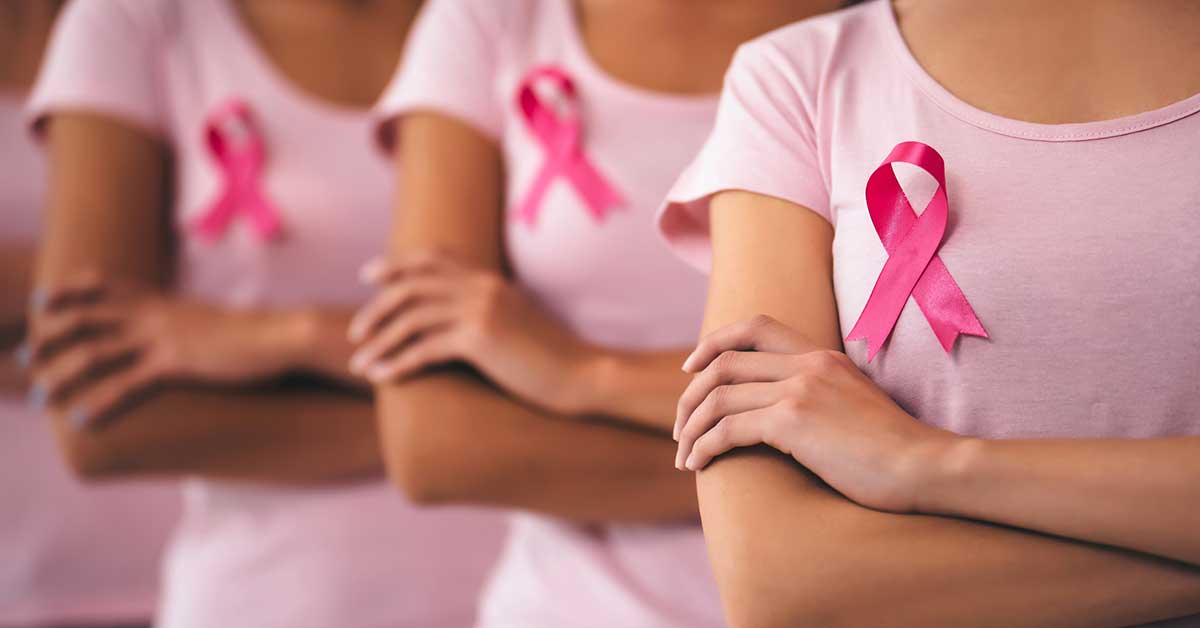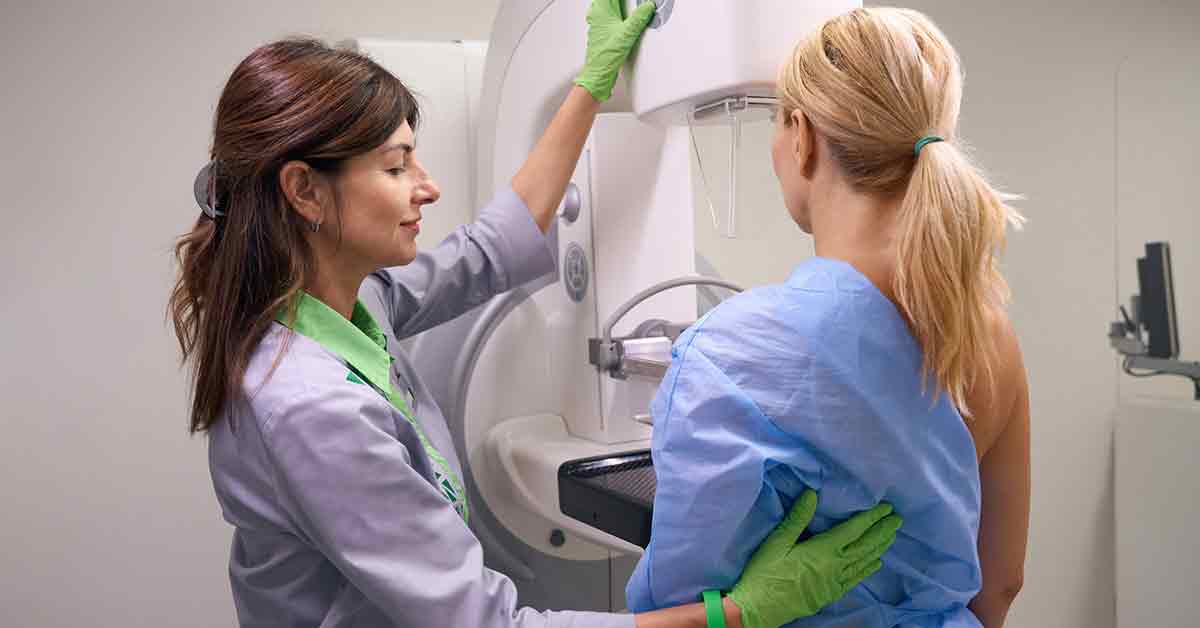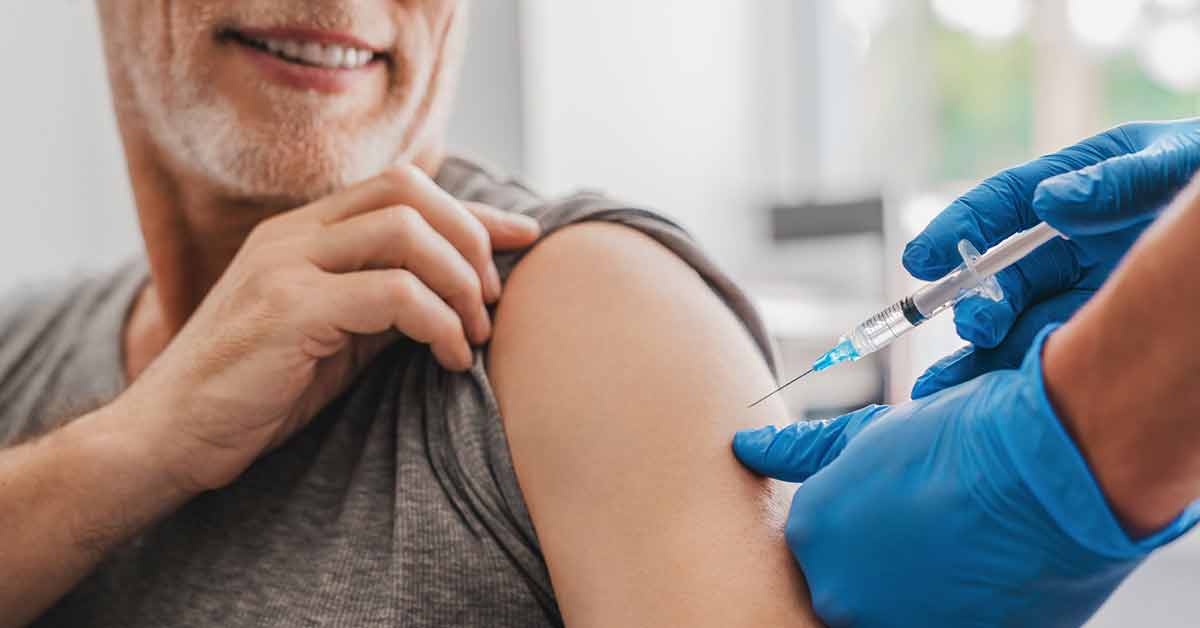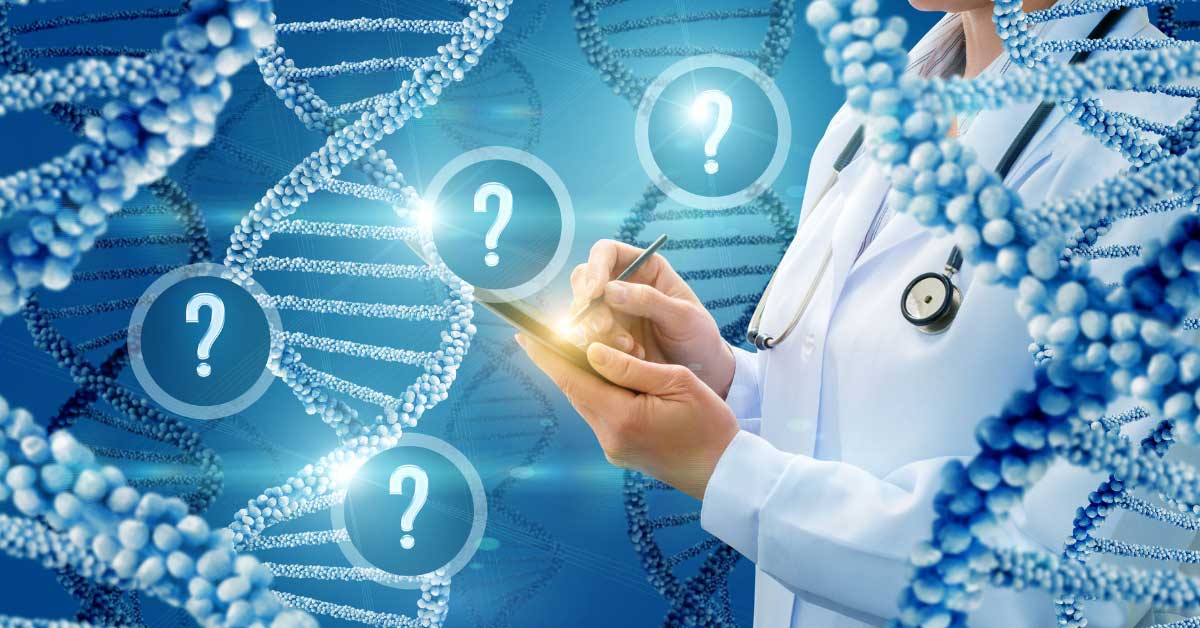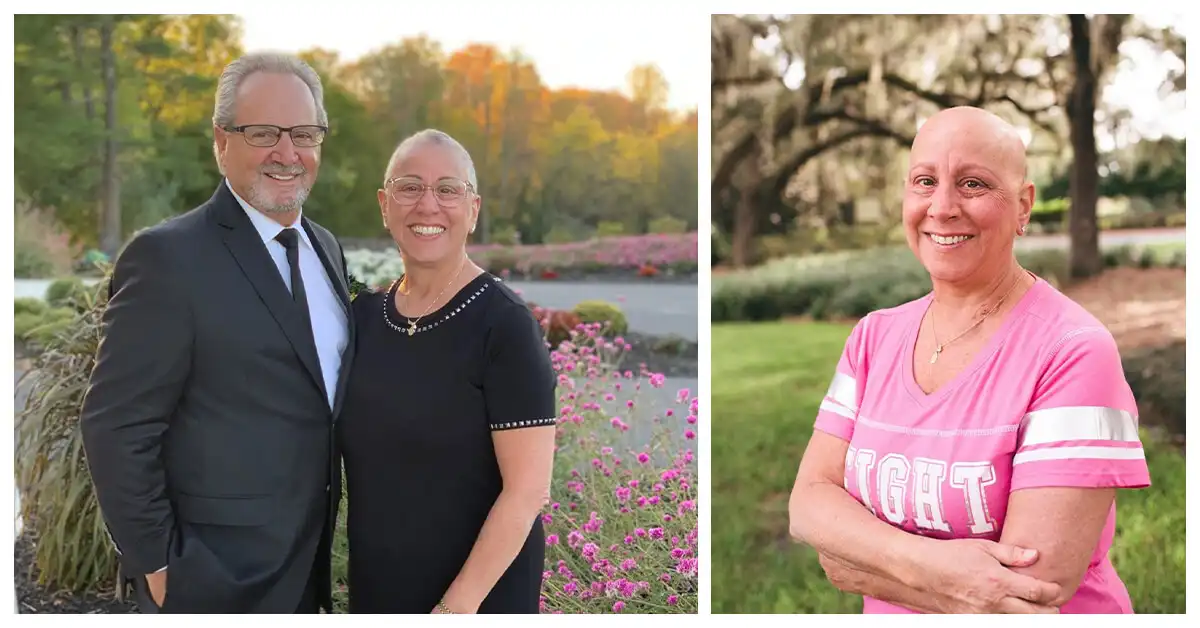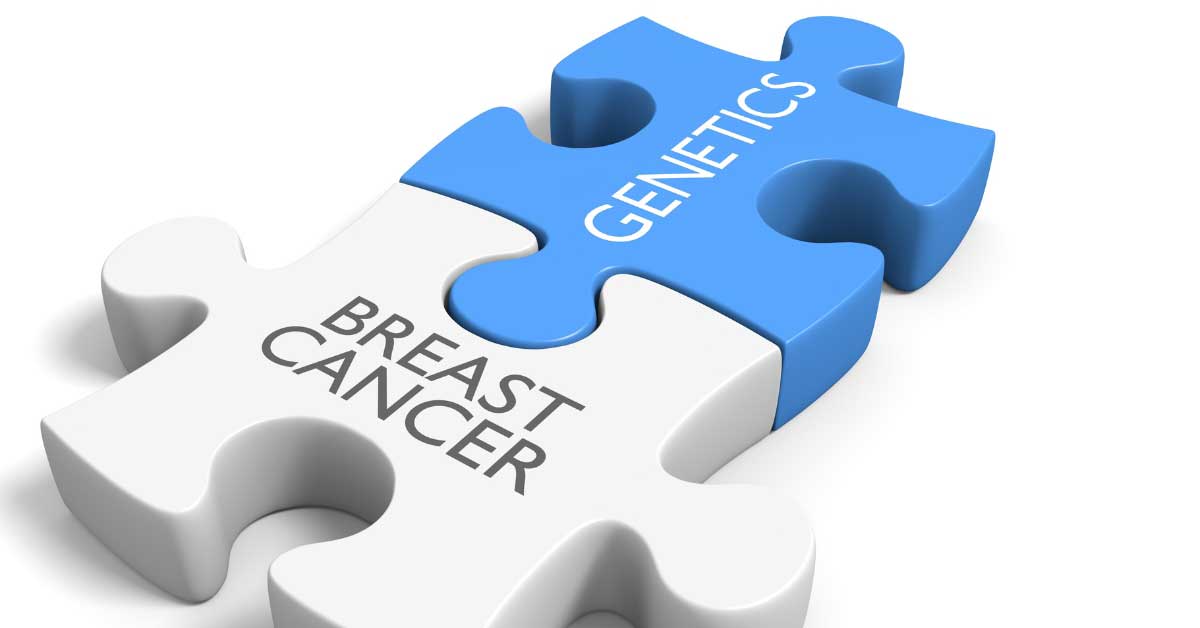HER2-Positive Breast Cancer - Summary, Symptoms, Treatments
Contact Us
What is HER2-positive breast cancer?
Breast cancer develops in the cells of the breast and there are several types. It can occur in both men and women, but it is far more common in women. HER2-positive breast cancer is a type of breast cancer in which the cancer cells make too much of a protein called human epidermal growth factor receptor 2 (HER2). This protein is found on the surface of breast cells and helps control cell growth and repair. This overproduction of the HER2 protein leads to faster and more aggressive tumor growth than in other cancers.
Back to Top
What are the signs and symptoms of HER2-positive breast cancer?
HER2-positive breast cancer doesn’t usually cause unique or special symptoms that set it apart from other types of breast cancer. Instead, it tends to cause the same general signs and symptoms seen with many breast cancers, though it can sometimes grow and spread more quickly.
Common signs and symptoms can include:
- Breast lump or thickening that feels different from surrounding tissue
- Change in the size or shape of the breast
- Swelling in part or all of the breast (even if no lump is felt)
- Skin changes on the breast, such as dimpling, puckering, redness, or scaling
- Nipple changes, such as inversion (turning inward), pain, or discharge (especially bloody)
- Pain or tenderness in the breast or nipple area
- Swelling of lymph nodes under the arm or near the collarbone
These symptoms can also indicate other non-cancerous conditions. It’s important to see your medical doctor if you experience any of these.
How is HER2-positive breast cancer diagnosed?
Diagnosing breast cancer begins with a physical examination so that your doctor can evaluate the symptoms you are experiencing and discuss your health history. HER2-positive breast cancer is diagnosed through laboratory testing of a breast tissue sample taken during a biopsy. These tests look for how much human epidermal growth factor receptor 2 (HER2) protein or HER2 gene is present in the cancer cells. Breast imaging tests such as mammography, breast ultrasound, or breast MRI can detect suspicious lumps or changes in the breast as well as its size, location, and whether it has spread. However, they cannot determine whether a cancer is HER2-positive breast cancer.
What causes HER2-positive breast cancer?
HER2-positive breast cancer happens when there are extra copies of the human epidermal growth factor receptor 2 (HER2) gene in breast cells. These extra gene copies cause the cells to make too much HER2 protein, which tells the cells to grow and divide too quickly, leading to cancer. The exact reason the HER2 gene becomes abnormal isn’t fully known. It’s usually not inherited from our parents — most cases happen by chance as cells grow and divide over time. Some general factors that can increase the overall risk of breast cancer (not specifically HER2-positive) include:
- Getting older
- Having a family history of breast cancer
- Certain hormone exposures (like long-term estrogen exposure)
- Lifestyle factors such as alcohol use or lack of physical activity
Is HER2-positive breast cancer genetic?
HER2-positive breast cancer is usually not inherited (genetic) in the sense of being passed down from parent to child. The human epidermal growth factor receptor 2 (HER2) gene changes that cause HER2-positive breast cancer happen spontaneously in breast cells over a person’s lifetime, not at birth. This is different from inherited gene mutations like BRCA1 or BRCA2, which are passed down in families and can increase the overall risk of developing breast cancer. While someone can inherit a higher risk of breast cancer in general, HER2-positive status itself is not something that’s inherited. It is best to talk with your doctor regarding any genetic predisposition.
Back to Top
Is HER-2 positive breast cancer curable?
HER2-positive breast cancer can often be treated very effectively, and many people can achieve remission. The likelihood of a cure depends on various factors, including the stage and type of breast cancer, the patients’ overall health and how well the cancer responds to treatment. The best outcomes happen when HER2 status is identified early and treatment is started promptly.
Back to Top
How is HER2-positive breast cancer treated?
Each patient and each cancer is unique. At FCS, physicians develop a personalized treatment plan in partnership with patients. Treatment options for breast cancer depend on a number of factors, including the specific type and stage of cancer, possible side effects, and the patient’s overall health and personal preference. HER2-positive breast cancer is treated with a combination of therapies that target the cancer cells’ overproduction of the HER2 protein. Because this type of breast cancer can grow more quickly than other types, treatment is usually aggressive and carefully planned. Targeted therapy is generally the primary treatment approach, as certain drugs specifically block the HER2 protein and slow or stop tumor growth. Other treatments, including chemotherapy, surgery, or radiation, may also be used.
What are common risk factors for HER2-positive breast cancer?
There are no risk factors that specifically cause HER2-positive breast cancer, but the general risk factors for breast cancer can apply. HER2-positive status itself usually arises from random changes in breast cells, not inherited genes.
Common risk factors include:
- Age: Risk increases as you get older.
- Family history: Having close relatives with breast cancer increases overall risk.
- Genetic mutations: Inherited mutations like BRCA1 or BRCA2 increase breast cancer risk (though not specifically HER2-positive).
- Hormone exposure: Early menstruation, late menopause, hormone replacement therapy, or prolonged exposure to estrogen.
- Lifestyle factors: Alcohol use, obesity, physical inactivity.
- Previous breast conditions: Certain benign breast diseases or prior radiation to the chest.
HER2-positive breast cancer usually develops sporadically, so most people with these risk factors will not necessarily develop HER2-positive cancer, and HER2-positive status cannot currently be predicted.
Are there screening tests for HER2-positive breast cancer?
There are no screening tests that specifically detect HER2-positive breast cancer. Screening can find breast cancer early, but HER2 testing is a diagnostic step, not a screening tool. General breast cancer screening—such as mammograms, breast ultrasounds, or MRIs—can detect tumors before symptoms appear, but these tests cannot tell the HER2 status. HER2 status is only determined after a tumor is found and a biopsy is performed.
Identifying any type of cancer at an early stage, before it has spread extensively (metastasis), provides a much better outcome for patients. The earlier breast cancer is detected, the easier it is to treat – and patients likely will have a more positive prognosis. It is important to become familiar with how your breasts normally look and feel and report any changes to your health care provider right away. Routine physicals and an annual Ob-Gyn visit for women are recommended.



